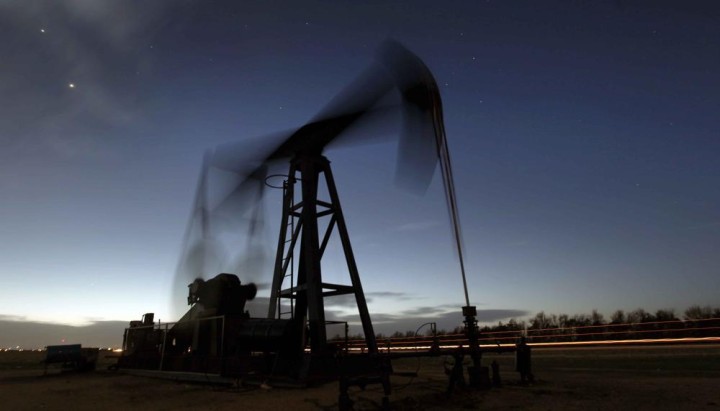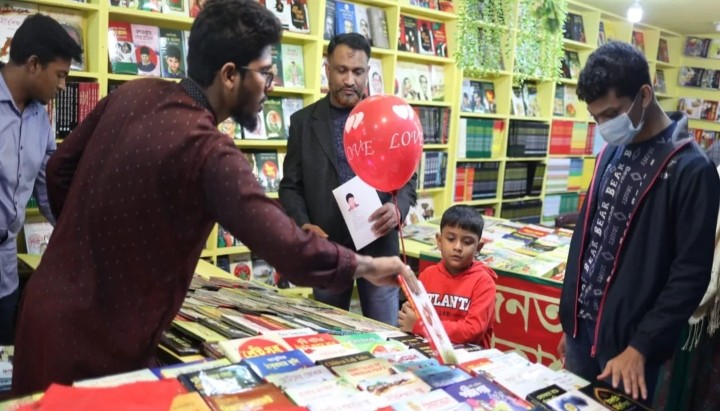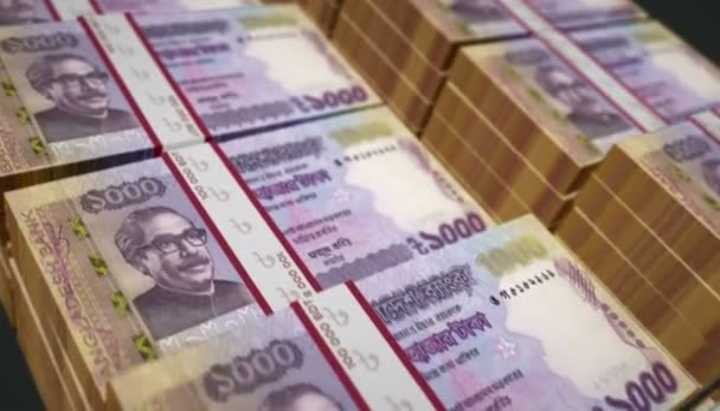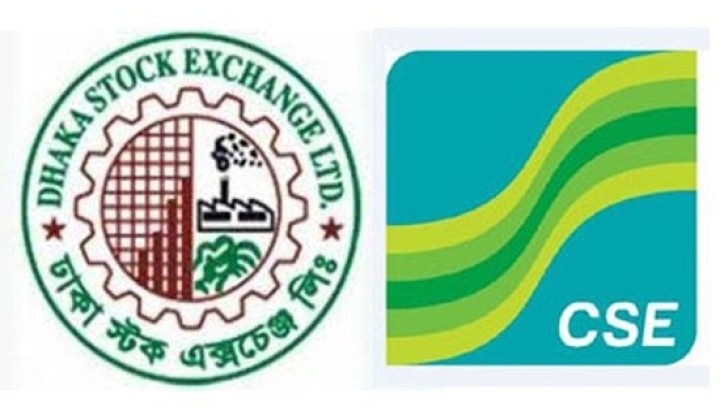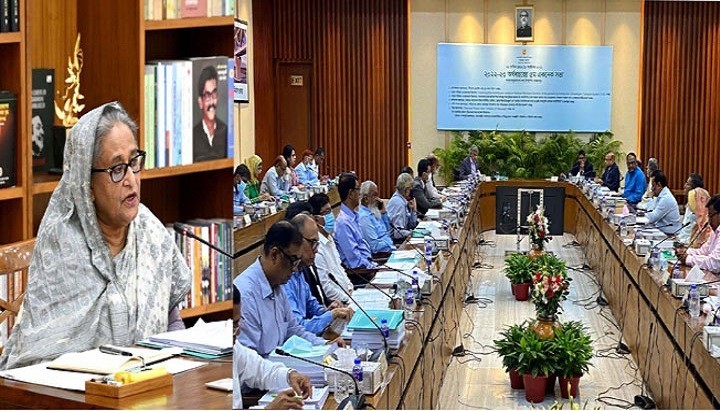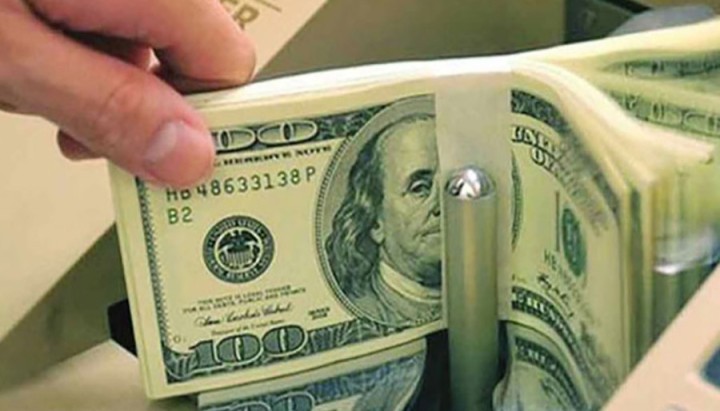Moscow’s war on Ukraine and the ferocious financial backlash
it’s unleashed are not only inflicting an economic catastrophe on President
Vladimir Putin’s Russia. The repercussions are also menacing the global
economy, shaking financial markets and making life more perilous for everyone
from Uzbek migrant workers to European consumers to hungry Yemeni families.
Even before Putin’s troops invaded Ukraine, the global
economy was straining under a range of burdens: Surging inflation. Tangled
supply chains. Tumbling stock prices.
The Ukraine crisis both magnified each threat and
complicated the potential solutions.
“We are actually in uncharted territory,” said Clay Lowery,
executive vice president at the Institute of International Finance, a trade
group of global banks. “We know there are consequences that we cannot
predict.’’
For now, at least, the damage to the overall global economy
appears to be relatively slight, if only because Russia and Ukraine are not
economic powerhouses. Important as they are as exporters of energy, precious
metals, wheat and other commodities, the two together account for less than 2%
of the world’s gross domestic product. Most major economies have only limited
trade exposure to Russia: For the U.S., it’s 0.5% of total trade. For China,
around 2.4%.
Barring a major escalation of the war — far from impossible
— “the effects on the U.S., China and most of the emerging world should be
limited,” said Adam Slater, lead economist at Oxford Economics. He foresees
only a 0.2% drop in global GDP this year.
Still, Russia is a vitally important supplier of oil,
natural gas and metals, and higher prices for those commodities are sure to
inflict economic damage around the world. Europe relies on Russia for nearly
40% of its natural gas and 25% of its oil. For the European continent, Russia’s
war has significantly heightened the likelihood of runaway inflation, another
economic setback — or both.
Here is a deeper look:
AN ECONOMIC SIEGE
Infuriated by Putin’s aggression, the United States and
other Western nations have targeted Russia with sanctions of unprecedented
breadth and severity for a major economy. They have thrown major Russian banks
off the SWIFT international payment system, limited high tech exports to Russia
and severely restricted Moscow’s use of its foreign currency reserves.
The rapid and unified international retaliation against
Russia appeared to catch Putin’s regime by surprise.
“The world — or most of it anyway — is laying economic siege
to Russia,” wrote Carl Weinberg, chief economist at High Frequency Economics.
The sanctions quickly caused damage. The Russian ruble
plunged to a record low Monday. Depositors lined up at ATMs to try to withdraw
their money from the embattled banking system. Cut off from Google Pay and
Apple Pay, Russians were stuck at ticket booths at Metro rail lines.
The Institute of International Finance foresees the Russian
economy enduring a double-digit contraction this year, worse even than its 7.8%
drop in the Great Recession year of 2009.
Oxford Economics said evidence from wars ranging from the
1980-1988 Iran-Iraq war to the 1999 NATO bombing campaign against Serbia
suggests that a staggering collapse of the Russian economy of 50% to 60% is
possible.
HARD TIMES FOR EUROPE
With its dependence on energy from Russia, Europe’s economy
is now especially at risk.
Natural gas prices shot up 20% after the war started, on top
of earlier increases, and now are roughly six times what they were at the start
of 2021. The gas price shock is feeding higher inflation and swelling utility
bills. The result is that households have less money to spend, and hopes for a
surge in consumer spending resulting from fewer pandemic restrictions and
COVID-19 cases have diminished.
Escalating gas prices have caused what economists call
“demand destruction” among industrial enterprises, like fertilizer makers, that
use a lot of gas and have now slashed production. Farmers are paying more to
run machinery and buy fertilizer. Germany’s economy, which sagged by 0.7% in
the fourth quarter of 2021, would face a technical recession if it shrank again
in the first three months of 2022.
The economic downdraft could be offset by an increase in
German defense spending. In response to the Russian invasion, Chancellor Olaf
Scholz has said the government would commit 100 billion euros ($111 billion) to
a special fund for its armed forces and raise defense spending above 2% of GDP.
“The drag from higher prices and the negative confidence
affect may lower real GDP growth in the eurozone from 4.3% to 3.7% for 2022,”
said Holger Schmieding, chief economist at Berenberg bank.
NO SUPPLY CHAIN
RELIEF
The world’s unexpectedly robust recovery from the pandemic
recession left companies scrambling to find enough raw materials and components
to produce goods to meet surging customer demand. Overwhelmed factories, ports
and freight yards have meant shortages, shipping delays and higher prices.
Disruptions to Russian and Ukrainian industries could delay any return to
normal conditions.
Mark Zandi, chief economist at Moody’s Analytics, noted that
Russia and Ukraine together produce 70% of the world’s neon, critical in the
making of semiconductors. That is especially worrisome because the world, and
automakers in particular, are already enduring a shortage of computer chips.
When Russia seized Crimea from Ukraine eight years ago, neon
prices shot up 600%, though Zandi notes that chipmakers have since stockpiled
neon and sought alternatives to Russian supplies.
Russia and Ukraine together supply 13% of the world’s
titanium, which is used to make passenger jets and 30% of the palladium, which
goes into cars, cellphones and dental fillings, Zandi said. Russia also is a
major producer of nickel, used to produce electric car batteries and steel.
“It’s impossible for supply chains to catch up,” said
Vanessa Miller, a partner at Foley & Lardner LLP who specializes in supply
chains.
TROUBLE IN THE
NEIGHBORHOOD
The conflict and sanctions will also do damage to Russia’s
neighbors in Central Asia. As its own workforce has aged, Russia has turned to
younger migrant workers from such countries such as Uzbekistan and Tajikistan.
Those workers’ families have come to rely on the money they send home —
remittances.
Even at the height of COVID-19 in 2020, remittances from
Russia to Uzbekistan topped $3.9 billion and to Kyrgyzstan $2 billion,
according to the Russian central bank.
“The pressure on the ruble, banking restrictions on
foreigners and — in the long run — the collapse of the labor market in Russia
will have an immediate and profound economic impact on Central Asia, “Gavin
Helf, an expert on Central Asia for the U.S. Institute of Peace, wrote this
week.
A STRAIN ON FOOD
SUPPLIES
Ukraine and Russia account for 30% of the world’s exports of
wheat, 19% of corn and 80% of sunflower oil, which is used in food processing.
Much of the Russian and Ukrainian bounty goes to poor, unstable countries like
Yemen and Libya.
The threat to farms in eastern Ukraine and a cutoff of
exports through Black Sea ports could reduce food supplies just when prices are
at their highest levels since 2011 and some countries are suffering from food
shortages.
Anna Nagurney, a management professor at the University of
Massachusetts Amherst, described the consequences as “extremely troubling.”
“Wheat, corn, oils, barley, flour are extremely important to
food security,” Nagurney said, “especially in the poorer parts of the globe.”
With ports, airports and rail lines closed and young
Ukrainian men fighting the Russian invasion, she asked: “Who’s going to be
doing the harvesting? Who’d be doing the transportation?”
RISING PRICES
The Ukraine war coincides with a high-risk moment for the
Federal Reserve and other central banks. They were caught off-guard by the
surge in inflation over the past year — the consequence, mostly, of the
economy’s unexpectedly strong recovery.
In January, U.S. consumer prices rose 7.5% from a year
earlier, the biggest such jump since 1982. In Europe, figures out Wednesday are
likely to show that inflation accelerated to 6% last month from 5.1% in January
for the 19 countries that use the euro currency.
Now, the fighting and sanctions that have disrupted Russia
trade with the global economy threaten to send prices ever higher, especially
for energy: Russia and Ukraine, Zandi said, together produce 12% of the world’s
oil and 17% of its natural gas.
To combat inflation, the Fed is set to begin raising
interest rates when it meets in two weeks, reversing the ultra-low-rate
policies it adopted in 2020 to help rescue the economy from the pandemic
recession. Likewise, the European Central Bank is gradually withdrawing its
pandemic stimulus efforts.
But now? Central bankers must weigh intensifying
inflationary pressure against the risk that the Ukraine crisis will weaken
economies. In Europe, for now, “any hints of rate hikes are out of the
question,” Carsten Brzeski, chief of global macro at ING bank.
Yet the Fed, roundly accused of being slow to recognize
inflation’s resurgence, may continue its shift away from easy-money policies.
Barring a stock market collapse or a broadening of the war
beyond Ukraine, Zandi said, “I don’t expect any change in the Fed’s conduct of
monetary policy as a result of the economic cross-currents created by the
Russian invasion of Ukraine.”
- AP


